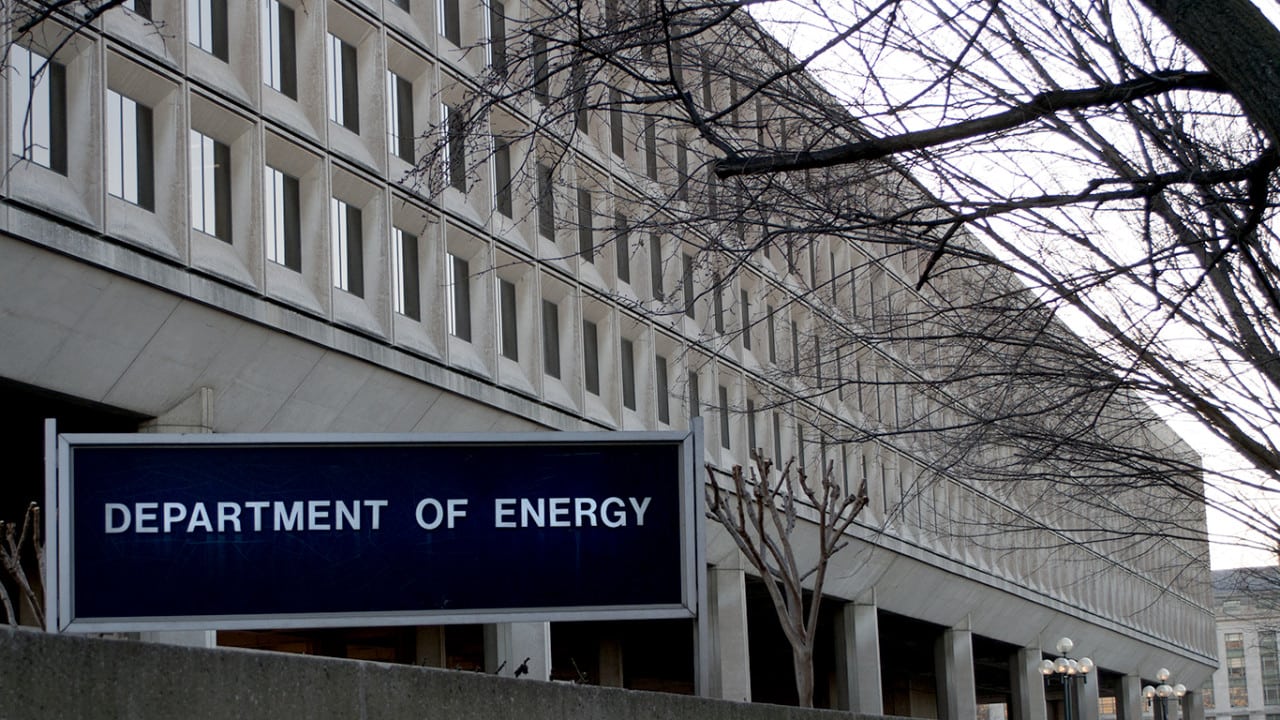
The Department of Energy on Wednesday announced the first project that could be supported by its $8 billion loan guarantee for advanced fossil energy projects. The department has offered a conditional commitment to guarantee loans of up to $2 billion to Lake Charles Methanol LLC for the construction of the world’s first methanol production facility with carbon capture and storage.
DOE’s Loan Programs Office issued the Advanced Fossil Energy Project solicitation three years ago but until now had not provided any loan guarantees. “The Department’s Loan Programs Office has received more than 70 applications to its current solicitations for almost $50 billion in loans and loan guarantees, which can allow projects to leverage additional private dollars for major infrastructure projects that will create thousands of good-paying American jobs and generate cleaner energy in the future,” Secretary of Energy Ernest Moniz said in a DOE press release.
The guarantee would make DOE liable for up to $2 billion of project costs if Lake Charles Methanol were to default on its loans.
The project, which would be the nation’s first petroleum coke-to-methanol facility, would also be the world’s largest industrial manufacturing carbon capture facility. CO2 captured from the Lake Charles, La., plant will be used in enhanced oil recovery in Texas. The plant is expected to cost $3.8 billion and “will help to support the Gulf Coast economy by creating an expected 1,000 construction jobs and 200 permanent jobs in Louisiana. The project will also create roughly 300 jobs in Texas for EOR activities,” the release says.
Denbury Onshore will use the CO2 in its Gulf Coast region oil fields. According to a Lake Charles Methanol release, approximately 4 million to 5 million tons of carbon is expected to be captured and sold to Denbury annually.
Wednesday’s announcement is not a final agreement, DOE said. “Today’s offer of a conditional commitment is an important step towards issuing a loan guarantee to support construction of the project. The Department will continue to monitor the project’s development and work to reach final agreement before closing the loan guarantee.” Lake Charles Methanol hopes to reach financial close in 2017.
The company said the project will use an advanced ultra-clean gasification technology developed by General Electric. Through this gasification process, the petroleum coke will be turned into a syngas that will then be converted into methanol, hydrogen, and other industrial gases and chemical products. “The petcoke gasification process will reduce pollution by 99% over conventional uses of petcoke, and the project will capture as much as 90% of the CO2 that would otherwise be emitted, drastically improving the environment through the reduction of particulates and GHG emissions,” the company said.
Fluor Corp. has been selected to design and build the facility under a “lump sum, turn-key, date certain [engineering, procurement, and construction] contract,” according to Lake Charles Methanol.
The company hopes to break ground on the project in 2017 and anticipates completing construction in three to four years.
CCS advocates praised the announcement Wednesday. “This is an important step forward in commercializing carbon capture technologies. Some of the most promising early opportunities in this space will be in industrial applications, and the Lake Charles project is a great early example that will build the infrastructure for using captured CO2 as a valuable commodity, especially for enhanced oil recovery,” ClearPath CEO Jay Faison said in a prepared statement.
In recognizing the announcement, the Clean Air Task Force noted that close to a quarter of worldwide CO2 emissions originate with industrial sources.
“Today’s announcement underscores continued important advances in carbon capture technology and the potential for further deployment at industrial facilities,” Brad Crabtree, member of the National Enhanced Oil Recovery Initiative, said in a prepared statement.